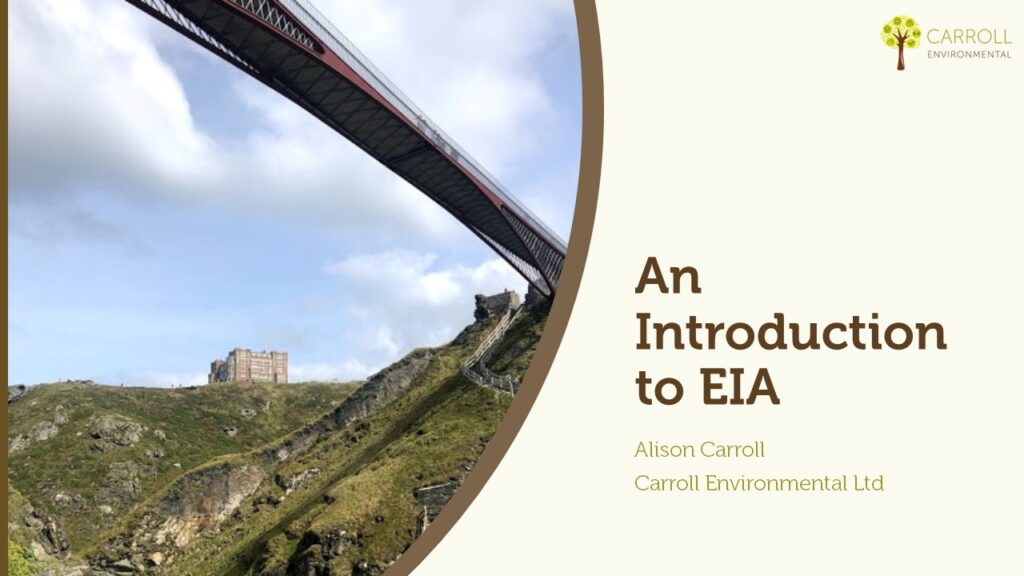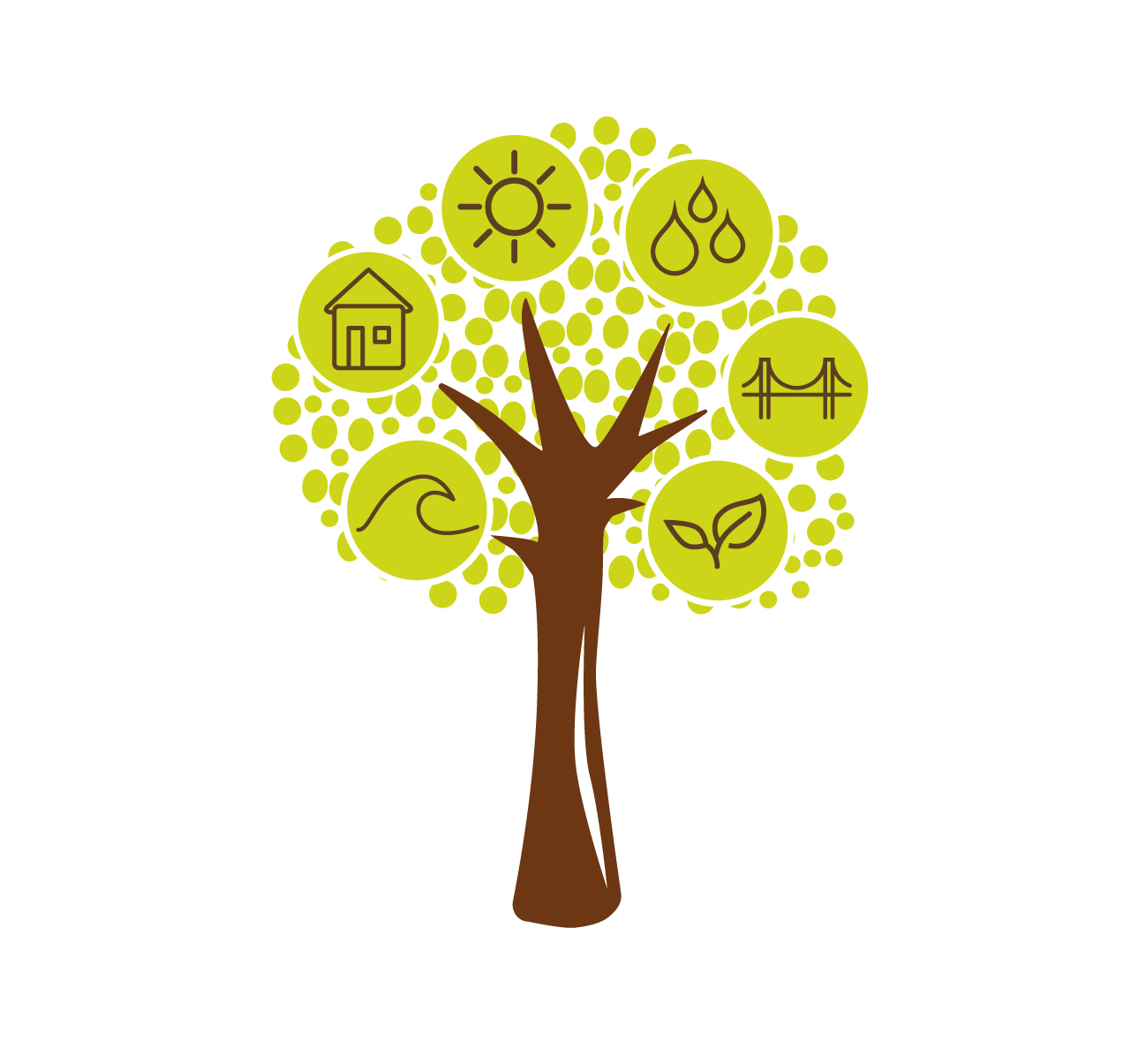
Client: Private consultancy
Location: Online via Microsoft Teams
Carroll Environmental delivered EIA training for a team of consultants.
Whilst consultants may have specialist expertise in a particular EIA discipline, such as air quality, noise, landscape, ecology or cultural heritage, it is important to also build professional competence in the skills required to provide effective inputs to EIA.
It is important to understand the legislative requirements of the EIA process and be aware of the range of professional guidance available to assist. Technical specialists input far more than baseline data. Skills are required to interpret the value and importance of the baseline environment and determine how it may evolve over time. Consultants also need to identify the potential impacts, and resultant effects, that may arise during the construction, operation and decommissioning of proposed developments, as appropriate. It is also important to be able to provide ongoing inputs to the design process – not just to specify ‘add on’ mitigation within an ES chapter.
EIA requires skills in multidisciplinary working, clear communication and effective report writing. Legislation, guidance and best practice are also continually evolving and it is important to keep up to date.
